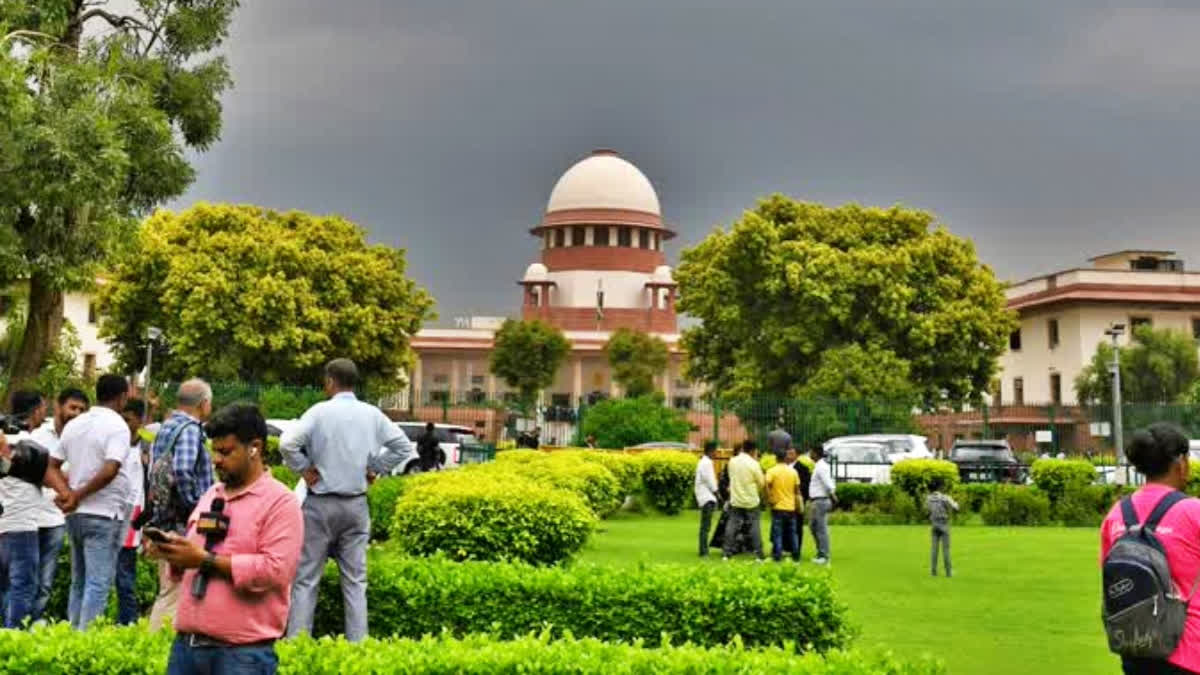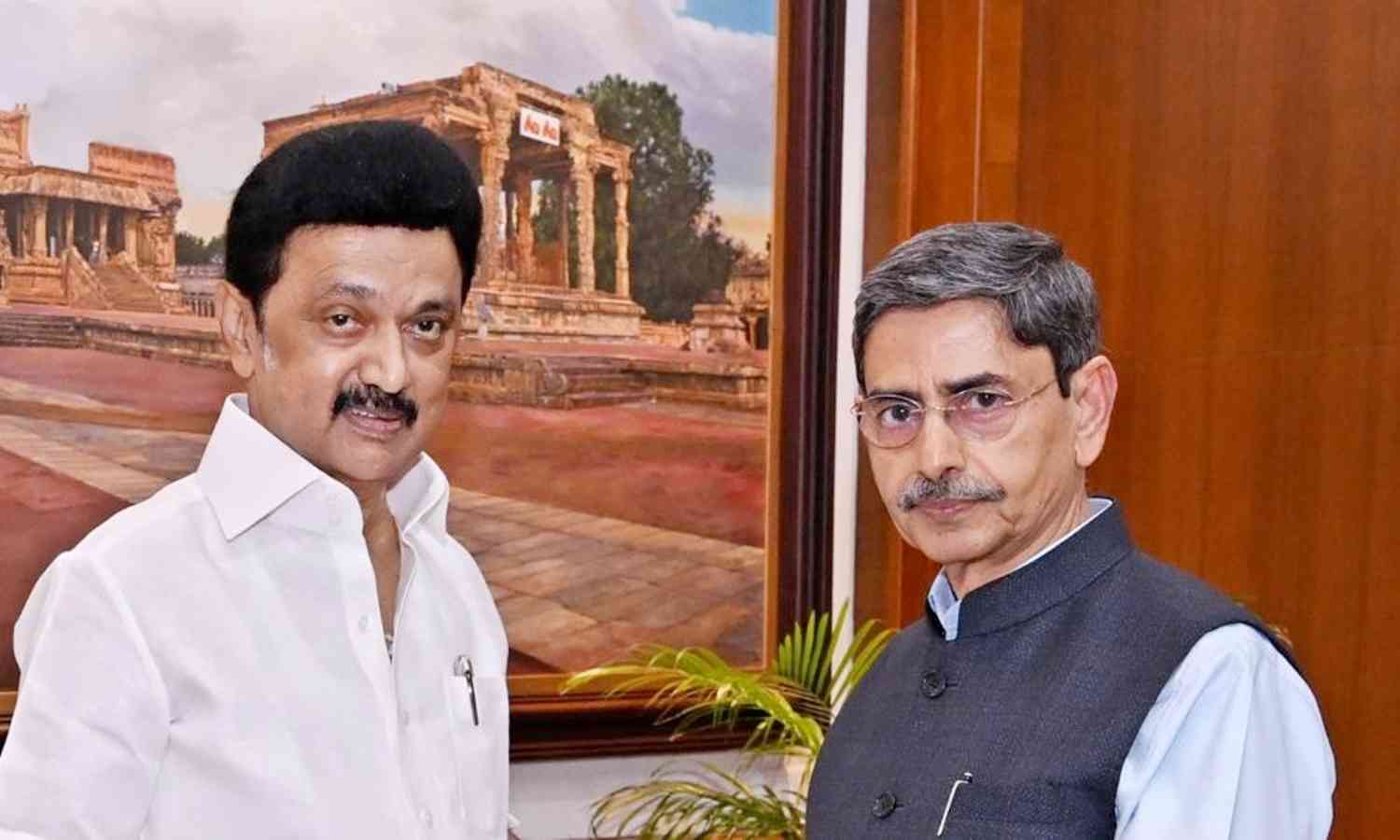In a landmark ruling that will echo across Indian federal politics, the Supreme Court has cleared the way for ten Tamil Nadu bills to become law—without the Governor’s assent. This decision not only resolves a years-long deadlock between the DMK-led state government and Governor RN Ravi but also sets a powerful precedent for how India interprets the role of Governors in a parliamentary democracy.

What Happened?
For over three years, Tamil Nadu’s bills—some dating back to 2020—languished in limbo. Governor RN Ravi, appointed by the BJP-led Centre, had refused to grant assent despite the state government re-passing them, some more than once. His actions sparked accusations of political partisanship and prompted a constitutional crisis in the making. Among the contested bills were key amendments that limited the Governor’s role in appointing Vice Chancellors to state universities—one of the flashpoints in the DMK-Governor standoff. Eventually, the DMK government took the matter to the Supreme Court, demanding clarity on whether a Governor could stall or indefinitely withhold assent, especially after a bill was re-presented by the legislature.

The Verdict: A Win for Federalism
The Supreme Court’s answer was firm. A two-judge bench ruled that once a bill is returned and passed again by the state legislature, the Governor cannot reserve it for the President’s consideration. That move, the Court said, is legally untenable. All ten bills, therefore, are deemed to have become law from November 18, 2023—the day they were re-submitted by the Tamil Nadu Assembly. The state government has since notified them officially. The court also criticised the inordinate delay, questioning how the Governor took three years to raise objections. In effect, the court drew a constitutional line in the sand: Governors must act within a reasonable time—ideally one month.

A Victory Beyond Tamil Nadu
Chief Minister MK Stalin rightly called this a “historic verdict”—not just for Tamil Nadu but for all Indian states facing similar logjams. States like Kerala, Telangana, and West Bengal have long complained of Governors overstepping their constitutional limits, often to serve the Centre’s political interests. This verdict affirms that Governors are not parallel power centres but constitutional custodians bound by the democratic will of elected legislatures. The Court’s clarification that Governors must act in line with parliamentary democracy reinforces the federal ethos of India’s Constitution.

The Bigger Picture: A Battle Over Power
This is more than a procedural tussle over bills—it reflects the broader tension between elected state governments and Centre-appointed Governors. With Governors often serving as a political counterweight in non-BJP-ruled states, these disputes have become more frequent and more combative. In Tamil Nadu, the repeated return and delay of bills was seen as an attempt to obstruct governance. Even bills passed by the previous AIADMK government were not spared. The Governor’s move to escalate matters to the President after already withholding assent was perceived as an effort to bypass state authority altogether.
/newsdrum-in/media/media_files/SUS8iL5BQmpVRbU0jwR7.jpg)
What This Means Going Forward
This verdict serves as a warning: Constitutional posts cannot be misused as political tools. The Supreme Court has made it clear that legislative authority rests with elected representatives—not unelected appointees who delay for years without explanation. The Centre now faces pressure to ensure its Governors respect constitutional norms. Meanwhile, state governments across India will feel emboldened to push back if they believe their legislative processes are being unfairly stalled. In many ways, this moment is a turning point for India’s federal structure. It signals a much-needed correction in the power dynamics between Raj Bhavans and state Assemblies.
As MK Stalin said, this is not just a win for Tamil Nadu—it’s a victory for democracy itself.
With inputs from agencies
Image Source: Multiple agencies
© Copyright 2025. All Rights Reserved Powered by Vygr Media.



















